Are you having trouble crafting your natural sciences student resume? Don't worry, we've got you covered!
As a natural sciences student, it's essential to have a resume that not only showcases your understanding of the scientific field but also your abilities and talents within it. That's why we've prepared this easy-to-follow guide, brimming with the best resume writing tips, plenty of detailed examples, inspiring resume samples, and nifty templates.
In this guide, we discuss the key elements to include on a natural sciences student’s resume. Keep reading to learn all about:
- Choosing the correct resume format as a natural sciences student
- Writing a resume summary as a natural sciences student
- Selecting key natural sciences skills to include on a resume
- Describing your work experience as a natural sciences student
- Listing your education as a natural sciences student
- Accessing top resources for job-seeking natural sciences students
Still looking for a job? These 100+ resources will tell you everything you need to get hired fast.
1. Choose the correct resume format as a natural sciences student
The first big decision to make when writing a resume is what format to use. As a current student, you may have a varying level of formal work experience, which can affect which format is best for you.
Here is a breakdown of the 3 main types of resume formats:
- The Reverse-Chronological Resume: This format is focused almost entirely on work experience, listing your most recent job first and working backward from there. While this format is often the standard expected by most employers, it is only effective when you have an adequate amount of relevant work experience to describe.
- The Functional Resume: The functional resume removes the focus from work experience and places it instead on education, skills, and unpaid experience. This is often the best format for current students, as it allows you to focus more heavily on your academic experience and achievements.
- The Hybrid Resume: The hybrid resume is a combination of the reverse-chronological and functional formats, spreading out the focus of the document between all sections. This resume is a good choice for applicants who have a mix of both academic and professional experience.
As you progress further into your scientific career, you may find yourself in need of a longer-form resume that details your entire academic and professional history. This is known as a Curriculum Vitae, or CV, and is used when applying for high-level positions in science or academia.
Choose your preferred template and make your resume shine.
2. Craft an eye-catching resume summary as a natural sciences student
A resume summary is a brief introductory statement at the beginning of a resume. In this statement, applicants should strive to include compelling details that catch the eye of potential employers and help them to stand out from the competition.
To better illustrate how to write an effective resume summary as a Natural Sciences Student, here is an example of a weak summary, followed by a correction and explanation:
Incorrect natural sciences student resume summary example
Natural sciences graduate student with degrees in Chemistry and Biology. Several years of experience working in laboratory environments, including as a lab assistant supervising younger students. Recipient of the department’s student award for the 2020-2021 academic year.
Why is this incorrect? Whenever you write a resume summary, you want it to be as specific and attention-grabbing as possible. Think of it as a narrative hook – your summary should be a compelling statement that encourages employers to read on. This example could be significantly improved with better and more quantifiable details, such as the applicant’s university name and the specific name of the award they won.
Corrected natural sciences student resume summary
Motivated Master’s candidate, with a dual Bachelor’s Degree in Chemistry and Biology. 3+ years of experience working as a lab assistant at NC State University, including more than one year of supervising undergraduate students during lab exercises. Recepient of the university science department’s annual award for Excellence in Scientific Innovation award for the 2020-2021 academic year.
Why is this correct? In this example, the applicant is far more precise with the details they provide. Not only do they name the university they attend, but they also give more formal titles for their degrees and the exact name of the award they received. Additionally, they are more specific when discussing their experience as a lab assistant and supervisor.
3. Select key natural sciences skills to include on your resume
Anytime you write a resume – and no matter which discipline it is for – it's always crucial to include an array of both technical and interpersonal skills.
Technical skills refer to your learned abilities gained through education and training, such as the ability to conduct experiments or analyze data.
Interpersonal skills, comparatively, refer to abilities that can be both inherent and learned that deal with how you interact with other people and the world around you.
Here are 10 examples of both technical and interpersonal skills that look great on a natural sciences student’s resume:
The best natural sciences technical skills to put on your resume
- Research methods
- Conducting experiments
- Collecting and analyzing data
- Quality control
- Production methods
- Laboratory safety standards
- Product testing
- Sample collection
- Report writing
- Administrative skills
Effective interpersonal skills for your natural sciences student resume
- Leadership
- Adaptability
- Problem-solving
- Creativity
- Strong verbal and written communication
- Collaboration and teamwork
- Time management
- Curiosity
- Perseverance
- Mathematics
4. Describe properly your work experience as a natural sciences student
As a student, you may not yet have a plethora of work experience examples to showcase on your resume.
However, even if you've worked jobs that aren't directly related to your field of study, you can still showcase your transferrable skills and work ethic in your work experience section. Additionally, you can include internship positions to help fill out your work experience section more.
Here is an example of a work experience entry from a natural sciences student resume
McCall Cosmetics Lab, Birmingham, AL
Chemical Laboratory Intern
June 2020 to December 2020
- Assisted laboratory scientists in mixing formulas according to highly specific measurements.
- Followed all laboratory safety standards, helping to create new safety procedure diagrams for employees that led to a 10% reduction in lab-related accidents.
- Managed the inventory of all non-toxic chemicals, providing daily inventory reports and filling out order forms for more supplies.
5. Make your natural sciences student education section stand out
When listing your educational credentials while still in school, it's critical to indicate on your resume that your degree is ongoing and what your expected date of graduation is.
Additionally, your education section is where you should list any notable academic achievements, such as membership in honor societies or inclusion on a university’s Dean’s List.
Here is an example of a well-crafted education section on a natural sciences student resume
University of Hawai’i at Hilo
B.S. in Biology
- In Progress, Expected Graduation: May 2024
- Dean’s List Recipient, 2020 to 2022
6. Top resources for job-seeking natural sciences students
Let's be honest, trying to secure a job as a student is not an easy task! That's why you should know where to look for opportunities that fit your current career stage. For example, you can start by checking what these resources have to offer:
- Job boards for freshers: If you're looking for an internship or your very first job, make sure to visit websites like WayUp, Handshake, Prospects.ac.uk, or JobTeaser.
- General job search platforms: You can also find compelling job postings on platforms that don't cater to freshers specifically. For instance, engines like Indeed, SimplyHired, Glassdoor, or LinkedIn publish an impressive amount of new opportunities daily.
- Professional associations: Based on your specialization, you can turn to organizations such as the American Chemical Society (ACS), the Geological Society of America (GSA), the Society of Physics Students (SPS) for job listings, internship programs, or the latest industry insights.
- Research institutions: Instead of using third parties, you can contact institutions like the Natural History Museum, the Smithsonian Institution, and the Scripps Research Institute directly. There's no harm in speculative job applications!
- Specialized publications: If you want to impress recruiters during job interviews, keeping up with the latest industry insights, developments, and findings is a must! That's why you should pay attention to media like “Cell,” “Journal of Experimental Biology,” and “Physics Today.”
- Continuous learning: Lastly, you shouldn’t rest on your laurels when it comes to your education. Gaining new skills through learning platforms like Coursera, edX, Udemy, or Khan Academy can bring you closer to getting hired.
Don't be afraid to reach out to potential employers with a friendly email or apply even if you feel a bit underqualified! After all, every application is a step forward and a chance to improve. Remember, each connection you make is a door that could lead to exciting possibilities. Stay curious, stay positive, and enjoy the journey!
Natural Sciences Student Resume FAQ
How can I make my involvement in student organizations or clubs benefit my resume?
Participation in relevant student organizations, clubs, or societies can make your resume stand out! Describe your role and any particular achievements, such as organizing events, leading projects, or increasing club membership. Always convey how these experiences have helped you develop valuable skills such as leadership, teamwork, and project management.
What can I include in my resume if I have limited work experience?
Take advantage of any internships, volunteer work, or part-time jobs that demonstrate your skills and work ethic. Go into detail describing your responsibilities and achievements in these roles that are relevant to the job you're trying to secure. Also, mentioning academic and personal projects on your first resume can show your initiative and passion for the field.
How can I use quantifiable data to enhance my natural scientist resume?
Whenever possible, quantify your achievements with data and statistics to provide concrete evidence of your abilities and impact. For example, you might include details such as the number of experiments you conducted, the percentage improvement of a process you developed, or the amount of funding you secured for a project.
What are common mistakes to avoid when writing a natural scientist resume?
First and foremost, don’t overcrowd your resume with too much information; instead, focus on relevance and clarity. Always proofread your resume multiple times to avoid any typos or grammatical errors, as these can make you look careless. And, of course, always tailor each resume to align as closely as possible to the job posting you're currently responding to.
Which skills should I include on my natural scientist student resume?
Focus on skills that are most relevant to the job you're applying for. You can include technical skills such as laboratory techniques, field research methods, and proficiency with scientific software or instruments. But don't forget to showcase your soft skills like problem-solving, critical thinking, and communication too! These are all essential in research and teamwork.

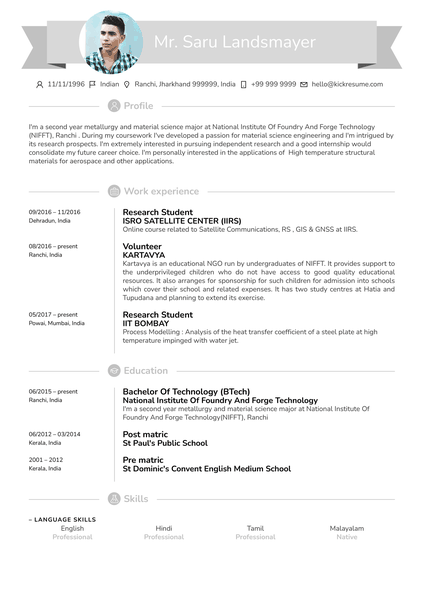
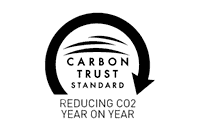
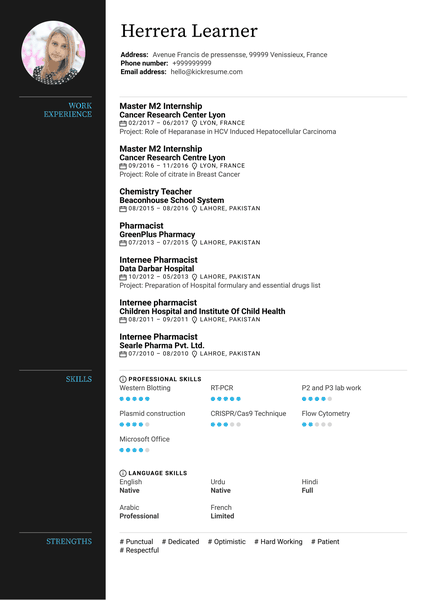

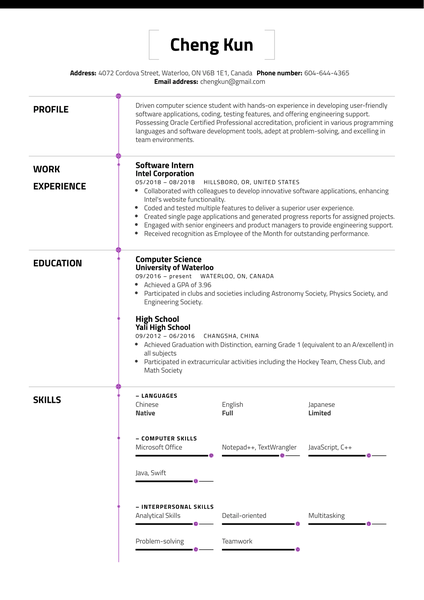
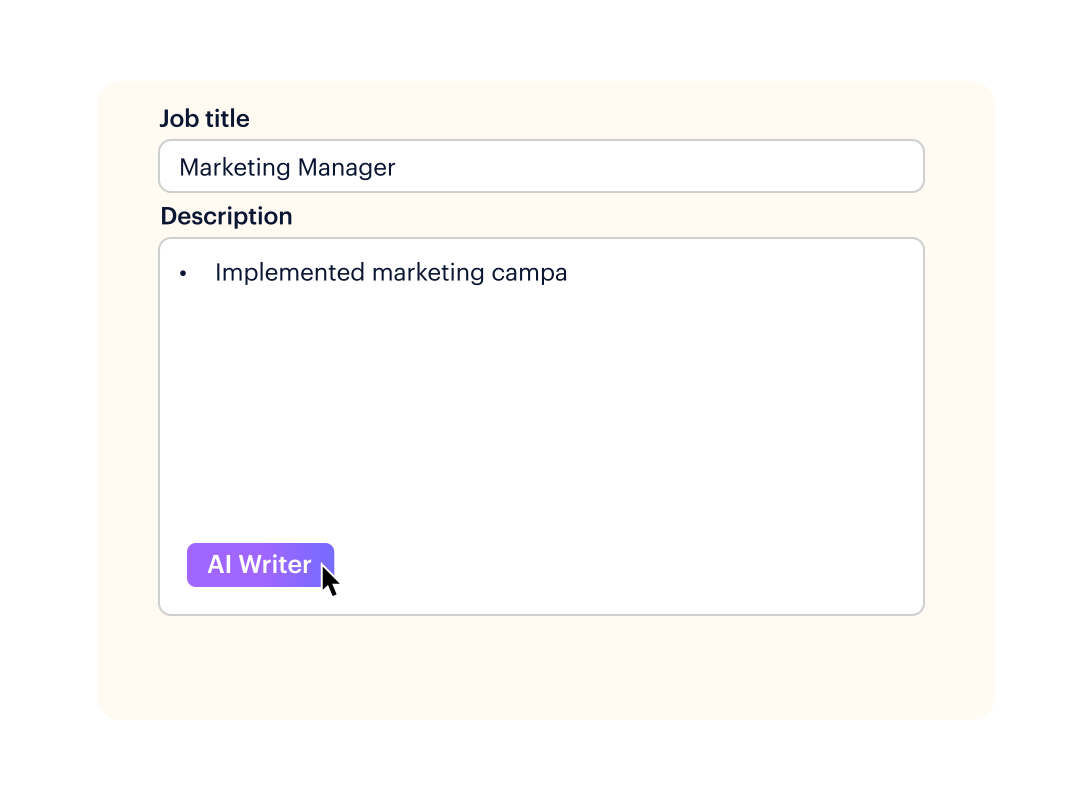




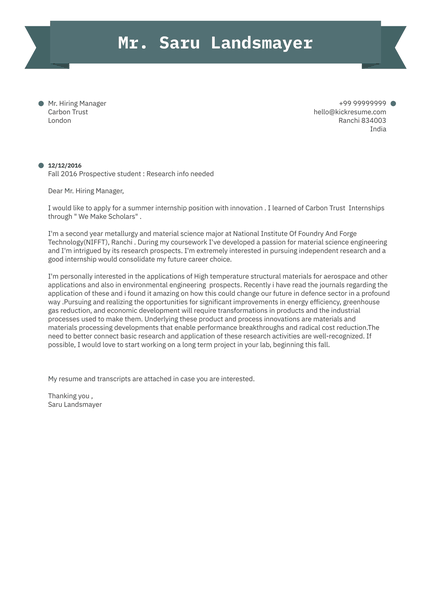
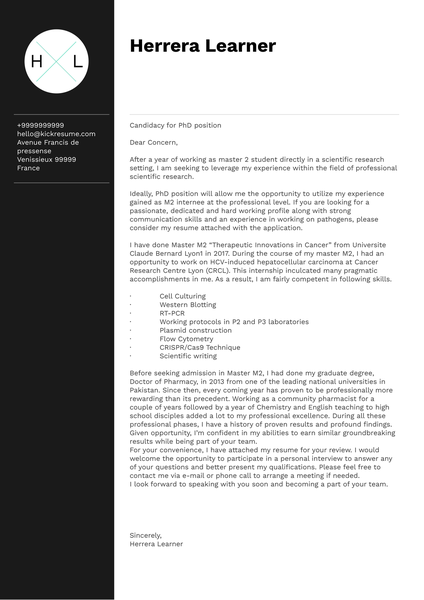
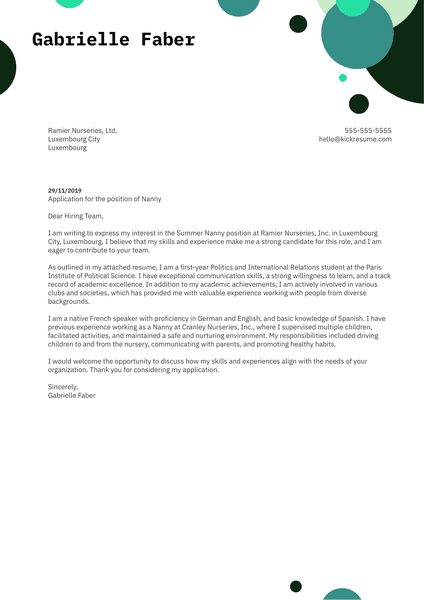
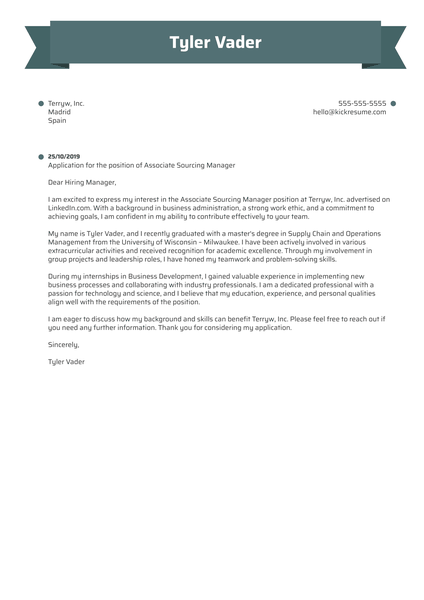
![How to Write a Professional Resume Summary? [+Examples]](https://d2xe0iugdha6pz.cloudfront.net/article-small-images/i-Profile.svg)
![How to Put Your Education on a Resume? [+Examples]](https://d2xe0iugdha6pz.cloudfront.net/article-small-images/i-Collage-Universities.svg)
![How to Describe Your Work Experience on a Resume? [+Examples]](https://d2xe0iugdha6pz.cloudfront.net/article-small-images/Experience.svg)


